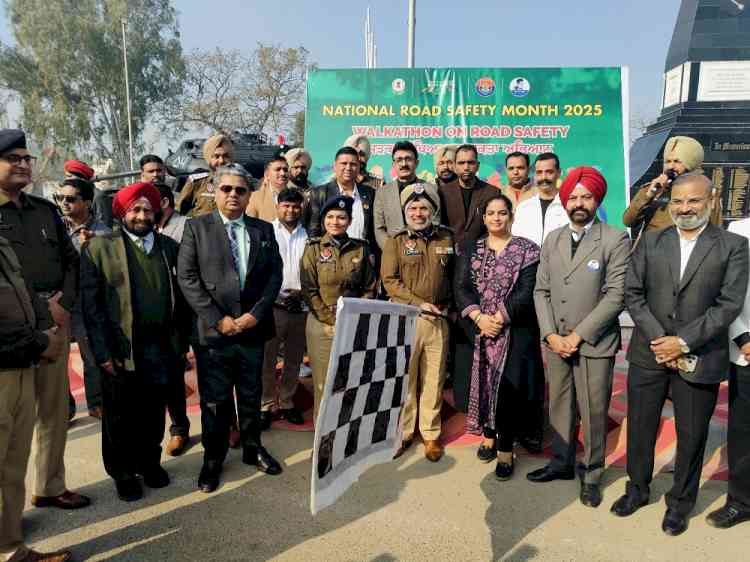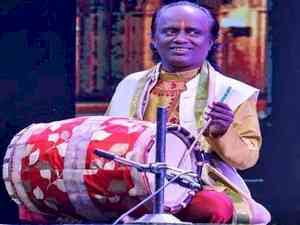Massive crackdown against anti-social elements as Punjab police conduct CASO on outskirts of cities/towns across Punjab
250 Police teams cordoned-off 866 colonies and conduct searches at 5869 houses

Chandigarh, April 6:
In yet another move aimed at making Punjab a safe and secure state as per the vision of Chief Minister Bhagwant Mann, Punjab Police on Thursday conducted a Cordon and Search Operation (CASO) in colonies established on the outskirts of cities and towns across the state. The operation was conducted on the directions of Director General of Police (DGP) Punjab Gaurav Yadav.
The operation was conducted from 10am to 3pm simultaneously in all the 28 Police districts of the state and CPs/SSPs were told to plan this operation in a meticulous manner amid massive deployment of the Police Force.
Divulging details, Special Director General of Police (Special DGP) Law and Order Arpit Shukla said that the purpose of this operation was to instil a sense of safety and security among the common people and increase the presence of Police force in the field to infuse fear among the anti-social elements.
He said that over 250 Police teams, involving 2500 Police Personnel, led by the SP/DSP rank officers conducted this operation. Apart from frisking suspicious persons, the police teams have also inquired about the verification of tenants staying at rented accommodation. Police teams have also done verifications of tenets during this operation, he added.
The Special DGP said that Police teams have cordoned off over 866 colonies to conduct checking at 5869 houses during the operation. He said that as many as 322 suspicious persons have been rounded up and incriminating material has been seized from their possession, which is being further examined. The Police have also registered four first information reports (FIRs) and have recovered Rs 2.25 lakh drug money, 66.5 grams heroin and recovered 11 mobile phones, he added.
Meanwhile, such operations also help in showing the police presence in the field and boost confidence among common people.


 City Air News
City Air News 








